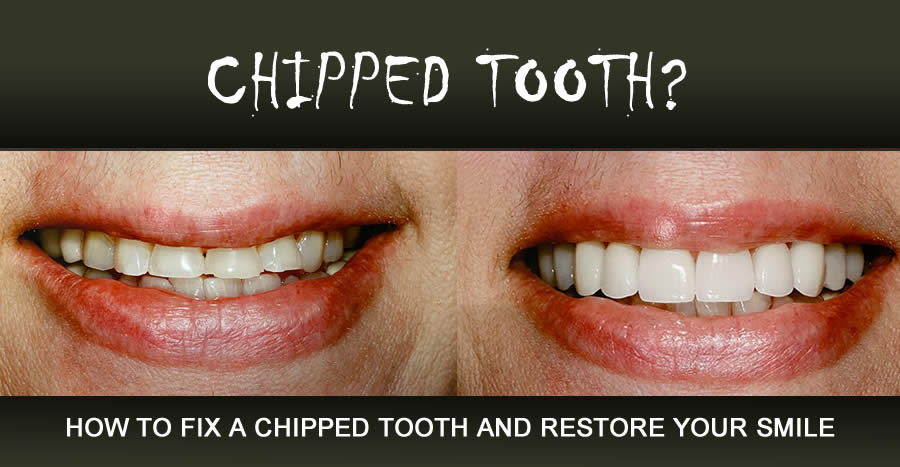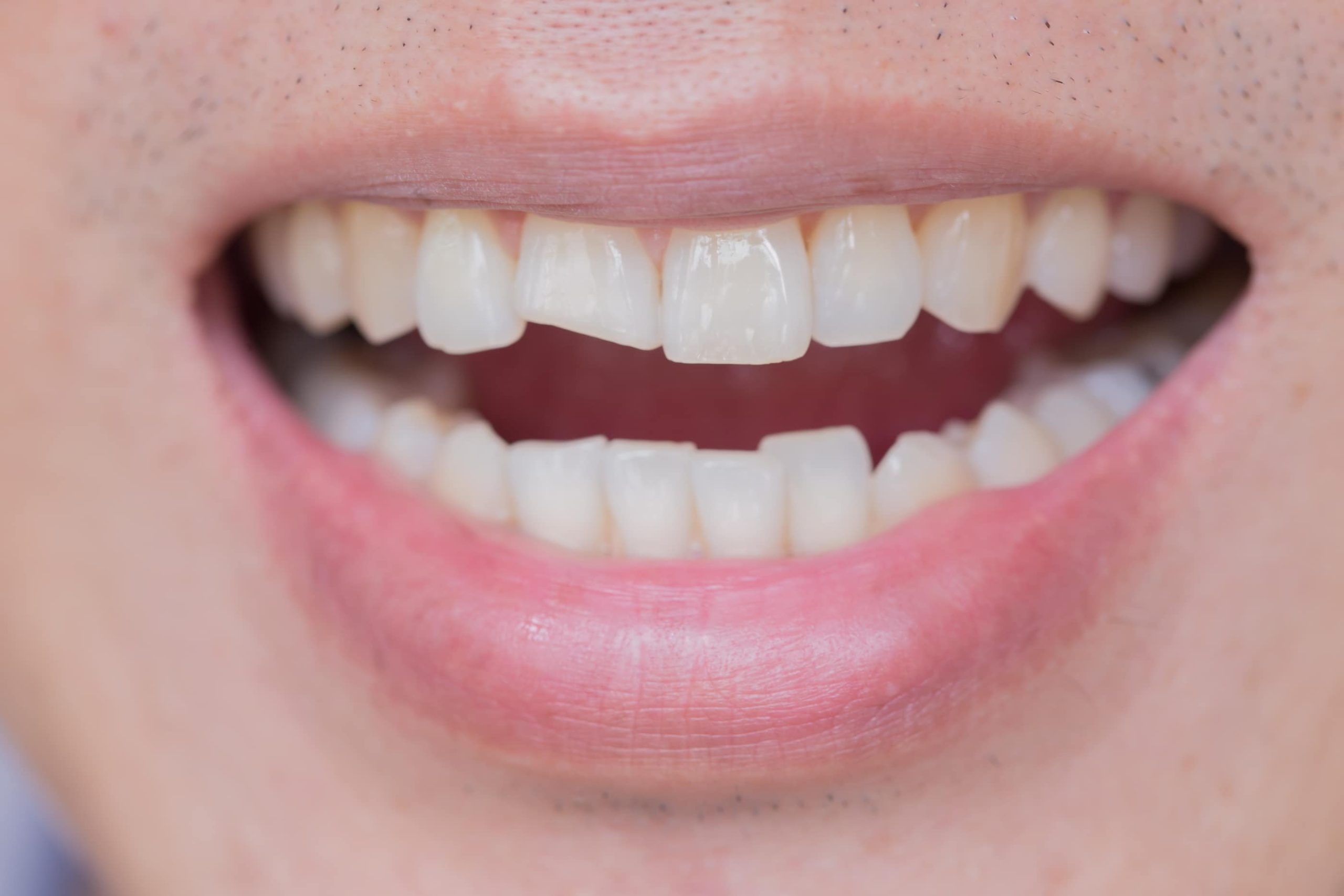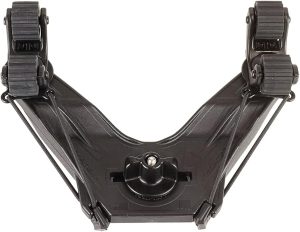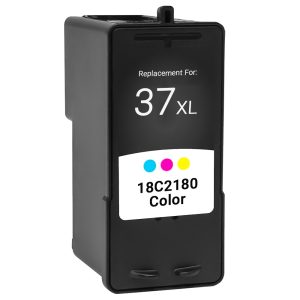Contents
Imagine you’re sitting in the dentist’s chair and you suddenly feel a sharp pain in your mouth. You muster up the courage to ask the dentist the burning question: how much does it cost to fix a broken tooth? Whether you’ve chipped a tooth while playing sports or cracked it biting into something hard, this article will provide you with a comprehensive guide on the cost of fixing a broken tooth. From different treatment options to potential factors that can affect the price, you’ll walk away with a clearer understanding of what to expect when it comes to repairing that precious smile of yours.
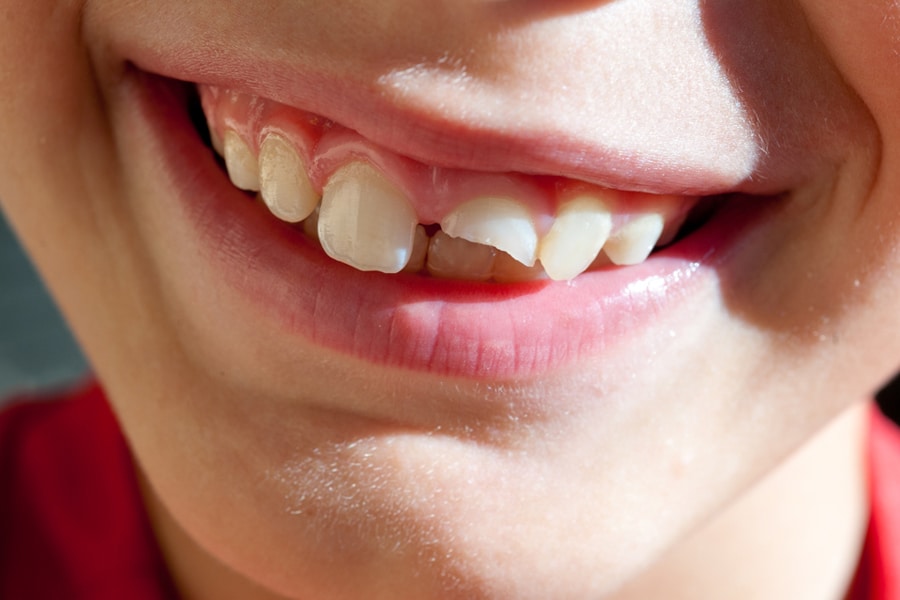
Factors that affect the cost
Severity of the break
The severity of the break will have a significant impact on the cost of fixing a broken tooth. A minor chip or crack may only require a simple filling or bonding procedure, which tends to be more affordable. However, if the break is more severe and extends into the inner layers of the tooth or the root, extensive treatment like a root canal, dental crown, or dental implant may be necessary, resulting in higher costs.
Location of the tooth
The location of the broken tooth can also affect the cost of fixing it. Teeth at the front of the mouth, known as incisors and canines, are generally easier to work on and require less complex procedures. This often means lower costs for restoring broken front teeth. On the other hand, broken premolars or molars, which are located towards the back of the mouth, may require more extensive and specialized treatment, leading to higher expenses.
Type of treatment needed
The type of treatment needed to fix a broken tooth is a key factor in determining the cost. Some common treatment options include fillings, bonding, dental crowns, root canals, dental implants, partial dentures, and full dentures. Each treatment option has its own associated costs, which we will explore further in the subsequent sections. Your dentist will evaluate your specific situation and recommend the most appropriate treatment option, considering factors like the extent of the break and the overall condition of your tooth.
Different treatment options
Filling
When a tooth has a small chip or cavity, a filling is often the simplest and most cost-effective treatment option. The dentist will remove the damaged portion of the tooth and fill it in with a dental material such as composite resin or amalgam. The cost of a filling can vary depending on the type of material used and the size of the cavity, but it is generally one of the more affordable options for fixing a broken tooth.
Bonding
Similar to fillings, bonding is a treatment option for minor chips or cracks. In this procedure, the dentist applies a tooth-colored resin directly to the damaged area and sculpts it to match the natural shape of the tooth. Bonding is typically less expensive than other alternatives but may not be as durable and long-lasting as options like dental crowns or implants.
Dental crown
For more significant tooth damage, such as a large break or extensive decay, a dental crown may be necessary. A dental crown is a custom-made cap that completely covers the damaged tooth to restore its shape, strength, and appearance. The cost of a dental crown can vary depending on the material used (such as porcelain, metal, or a combination) and the complexity of the procedure. While dental crowns may be more expensive than fillings or bonding, they offer excellent durability and long-term protection for the broken tooth.
Root canal
If the break extends into the inner layers of the tooth, it may become infected or cause severe pain. In such cases, a root canal procedure may be required to save the tooth and alleviate discomfort. During a root canal, the dentist removes the infected or damaged pulp from the tooth’s root canal, cleans and disinfects the area, and fills it with a special dental material. The cost of a root canal can vary depending on factors such as the tooth’s location and the complexity of the procedure, but it is generally higher compared to less invasive treatments like fillings or bonding.
Dental implant
In cases where a broken tooth cannot be saved, dental implants are an excellent long-term solution for tooth replacement. A dental implant involves surgically placing a titanium post into the jawbone, which serves as a replacement root for an artificial tooth (crown) to be attached. This comprehensive treatment option offers durability and a natural-looking appearance. However, dental implants tend to be one of the most expensive options to fix a broken tooth due to the surgical procedure involved and the use of high-quality materials.
Partial denture
For individuals who have multiple missing or broken teeth, a partial denture may be recommended. A partial denture is a removable dental appliance that replaces multiple missing teeth by attaching to the remaining natural teeth for support. The cost of a partial denture can vary depending on the materials used, the number of teeth being replaced, and the complexity of the design. While more affordable compared to dental implants or full dentures, partial dentures may not provide the same level of stability and comfort.
Full denture
When all teeth in a dental arch are missing or severely damaged, a full denture is often the most appropriate option. A full denture is a removable prosthetic device that replaces all the natural teeth in the upper or lower jaw. The cost of a full denture can vary depending on factors such as the quality of materials used, the amount of customization required, and any additional procedures needed for optimal fit and function. While full dentures can be a more affordable solution for extensive tooth loss, it is important to consider factors like stability and long-term maintenance.
Cost of specific treatments
Cost of filling
The cost of a filling primarily depends on the size of the cavity and the material used. On average, a simple filling can range from $50 to $300 per tooth.
Cost of bonding
Bonding is generally more affordable than other treatments and can cost anywhere from $100 to $400 per tooth, depending on the complexity of the case and the dentist’s expertise.
Cost of dental crown
The cost of a dental crown can vary significantly based on factors like the material used, the complexity of the procedure, and the location of the tooth. On average, dental crowns can range from $800 to $2,500 per tooth.
Cost of root canal
The cost of a root canal is influenced by factors such as the tooth’s location, the extent of the damage, and whether a specialist is involved. Generally, prices for root canals fall between $800 and $2,000 per tooth.
Cost of dental implant
Dental implants are typically the most expensive treatment option for fixing a broken tooth due to their comprehensive nature and surgical involvement. The cost of a dental implant can range from $3,000 to $6,000 or more per tooth, depending on various factors such as the need for additional procedures like bone grafting or sinus lifts.
Cost of partial denture
The cost of a partial denture can vary depending on the materials used, the number of teeth being replaced, and the need for additional procedures. On average, partial dentures can range from $500 to $2,500 per arch.
Cost of full denture
The cost of a full denture can vary based on factors such as the materials used, the level of customization, and any additional procedures required. Generally, full dentures can range from $1,000 to $4,000 or more per arch.
Insurance coverage
Dental insurance
Whether or not dental insurance covers the cost of fixing a broken tooth depends on the specific policy and coverage. Some dental insurance plans may cover a portion of the expenses, while others may have limitations and exclusions. It is essential to review your policy documents or contact your insurance provider to understand what is covered and any potential restrictions.
Health insurance
In some cases, health insurance plans may provide coverage for treating a broken tooth if the break is a result of a covered accident or injury. However, coverage may vary widely depending on the specific health insurance policy, so it is crucial to consult your policy documents and insurer for details.
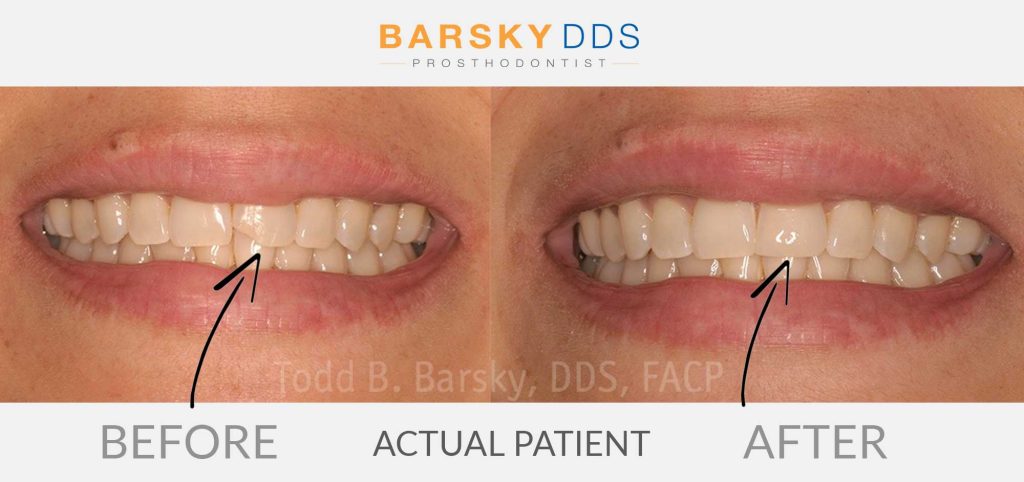
Out-of-pocket expenses
Deductibles
Many dental insurance plans require individuals to meet a yearly deductible before coverage begins. The deductible is the amount you must pay out of pocket before your insurance kicks in. Deductibles can range from $50 to a few hundred dollars.
Co-payments
Co-payments, or co-pays, are fixed amounts that individuals are responsible for paying at the time of receiving dental services. These costs can vary depending on the specific treatment received and the terms of your dental insurance plan.
Annual maximums
Dental insurance plans often have an annual maximum, which is the highest amount the insurance provider will cover in a policy year. Any dental expenses that exceed the annual maximum become the patient’s responsibility. Annual maximums typically range from $500 to $1,500, but this can vary depending on your specific insurance policy.
Discount dental plans
Benefits
Discount dental plans are an alternative to traditional insurance plans that offer reduced rates on dental services for members. These plans typically involve paying an annual or monthly fee in exchange for discounted rates at participating dentists. While not insurance, these plans can help lower the cost of fixing a broken tooth, making it a more affordable option.
Cost
The cost of a discount dental plan varies depending on the provider and the level of coverage offered. Annual fees can range from $80 to $200 or more, depending on the plan and the services included.
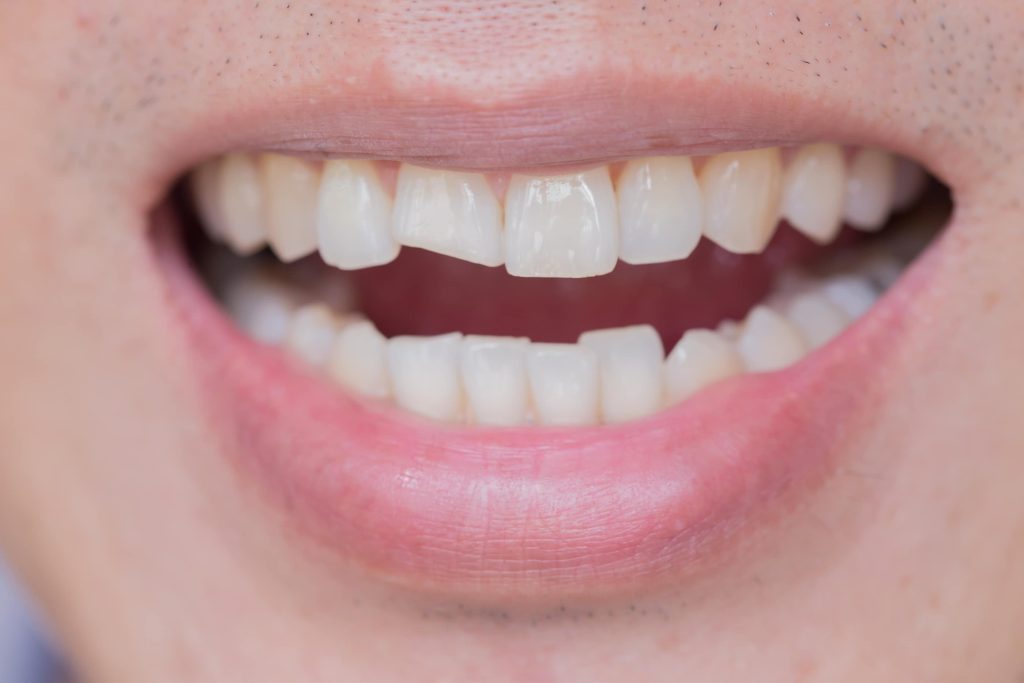
Payment options and financing
Cash payment
Paying in cash is a straightforward and immediate way to cover the cost of fixing a broken tooth. Many dental offices offer discounts for cash payments, so it’s worth inquiring about any potential savings. However, it’s essential to have a clear understanding of the total cost and any payment terms before committing.
Credit cards
Using a credit card to pay for dental treatment can provide convenience and flexibility. Many dental offices accept major credit cards, allowing you to spread the cost of fixing a broken tooth over time. However, it’s important to consider any interest or fees associated with using a credit card for healthcare expenses.
Payment plans
Some dental offices may offer payment plans to help patients manage the cost of fixing a broken tooth. These plans often involve spreading out the payments over several months. It’s essential to discuss the terms and conditions with your dentist or their financial coordinator before agreeing to a payment plan.
Geographical location
Urban areas
The cost of fixing a broken tooth can vary depending on the geographical location, with urban areas often having higher prices due to increased operating costs, including rent and wages. Dental services in urban areas may also have a wider range of treatment options available, including specialists who may charge higher fees.
Rural areas
In contrast to urban areas, dental services in rural areas may generally have lower operating costs, resulting in potentially lower prices for fixing a broken tooth compared to their urban counterparts. However, availability and access to specialized services may be more limited in rural areas, which can impact the range of treatment options available.
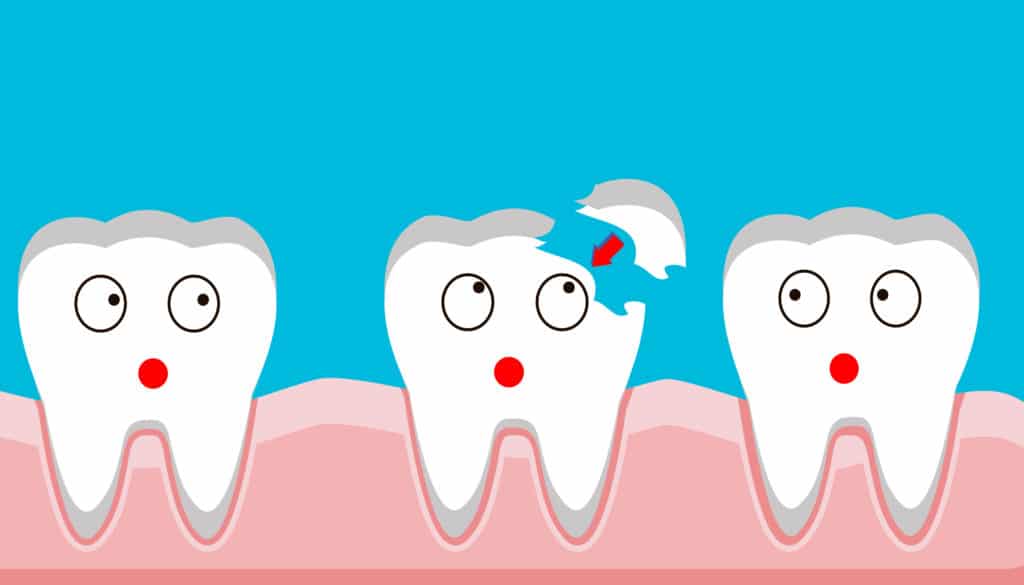
Additional expenses
Initial consultation
An initial consultation is a common additional expense when fixing a broken tooth. During this visit, your dentist will assess the extent of the break, recommend a treatment plan, and provide an estimate of the cost involved. The cost of an initial consultation can range from $50 to $150 or more, depending on the complexity of the case and the location of the dental office.
X-rays and diagnostic tests
To properly diagnose and plan the treatment for a broken tooth, X-rays and other diagnostic tests may be necessary. These additional expenses can range from $25 to $200 or more, depending on the type of imaging required and the dental office’s fees.
Medication
Following certain dental procedures, your dentist may prescribe medication to manage pain or prevent infections. The cost of medication can vary depending on the type and dosage prescribed, as well as your location and healthcare system. It’s essential to discuss potential medication costs with your dentist or pharmacist before filling any prescriptions.
Preventing tooth breakage
Regular dental check-ups
Regular dental check-ups and cleanings are crucial for maintaining overall oral health and preventing tooth breakage. By visiting your dentist at least twice a year, any minor issues can be addressed early on, reducing the risk of extensive damage and costly treatments.
Avoiding hard foods and candies
Avoiding certain hard foods and candies can help prevent tooth breakage. Chewing on ice, hard candies, or popcorn kernels, for example, can put excessive pressure on teeth and increase the likelihood of a break or chip. Opting for softer alternatives and practicing mindful eating habits can go a long way in protecting your teeth.
Wearing mouthguards during physical activities
If you participate in sports or engage in physical activities with a risk of oral trauma, wearing a mouthguard is strongly recommended. Mouthguards provide a protective barrier between the teeth and potential impacts, reducing the likelihood of broken teeth and other dental injuries. Investing in a good-quality mouthguard can save you from costly treatments down the line.
In conclusion, the cost of fixing a broken tooth can vary depending on several factors such as the severity of the break, the location of the tooth, and the type of treatment needed. Different treatment options, such as fillings, bonding, dental crowns, root canals, dental implants, partial dentures, and full dentures, all come with their own associated costs. Insurance coverage, out-of-pocket expenses, discount dental plans, payment options, and financing can also impact the overall cost. Geographical location, additional expenses like X-rays and medication, and preventive measures also play a role in the long-term cost of maintaining and repairing broken teeth. It is essential to consult with your dentist to discuss your specific situation, treatment options, and potential costs, ensuring you make an informed decision for both your oral health and your budget. Remember, by prioritizing preventive care and practicing good oral hygiene, you can reduce the likelihood of tooth breakage and the need for costly treatments in the future.
